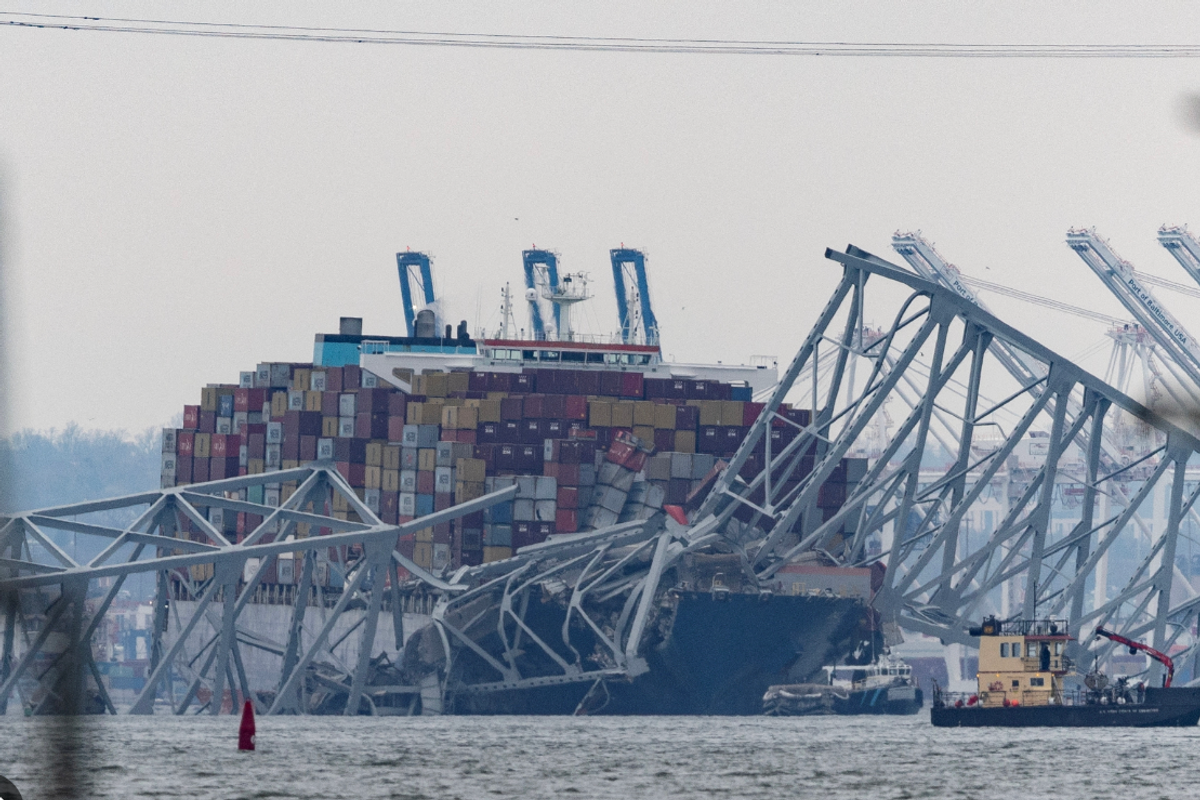
By Asher Price, Austin American-Statesman
AUSTIN, Texas — Foretelling a new environmental battle between state and federal regulators, Attorney General Greg Abbott this week demanded the U.S. Environmental Protection Agency back down from a proposal to expand the definition of federal waters to include seasonal and rain-dependent waterways.
The proposal “is without adequate scientific and economic justification and, if finalized, would erode private property rights and have devastating effects on the landowners of Texas,” he wrote Monday as part of a public comment period on the proposal, threatening to sue if it’s not withdrawn.
EPA officials say the proposal would stiffen penalties for polluting such waterways. More than 11 million Texans, get drinking water from sources that depend, in part, on the intermittent streams.
“It’s important to protect the whole network of streams that flow into rivers and oceans,” said Ellen Gilinsky, a senior adviser for water at the federal agency. “This rule ensures clean waters for Texans to drink and recreate in, clean water for businesses, and clean water for farmers.”
Texas Commission on Environmental Quality spokesman Terry Clawson said the state agency is “concerned that EPA’s proposed rule expands its jurisdiction under the Clean Water Act without congressional approval.” A spokeswoman for the attorney general’s office said it had consulted with the TCEQ before filing its letter Monday. Abbott is the Republican candidate for governor.
The dispute comes just as another long-running battle with the EPA, over air pollution issues, has calmed down.
David Foster, who heads the Texas office of the advocacy group Clean Water Action, said the state environmental agency has shown little appetite for regulating the waterways. He cited permits that had been issued by the agency to subdivisions seeking to discharge treated sewage into intermittent Hill Country creeks that feed the Barton Springs portion of the Edwards Aquifer.
The waterways issue has long been a political and legal football.
Foster said the George W. Bush administration had argued that the intermittent streams didn’t qualify for protection, and in 2001 and 2006 the U.S. Supreme Court sided with polluters in water cases.
Those rulings “muddied the waters” on the definition of which waters fall under federal protection, Gilinsky said. The proposed rule, which could be finalized by next spring, would extend Clean Water Act protections to the intermittent streams and waters located near or within floodplains.
In 2000, a pipeline operated by the Chevron Pipe Line Company failed, spilling 126,000 gallons of oil into an unnamed Texas creek. The creek was dry at the time — as are a majority of U.S. creeks during portions of the year — but it fed a series of tributaries that eventually send water into the Brazos river. A federal judge found that because no water was flowing in the unnamed tributary at the time of the spill and the government had not shown that the oil had reached a traditionally navigable water, the Clean Water Act did not apply.
“We need a federal backstop,” Foster said. “I shudder to think how the political leadership in this state would regulate these waterways.”
Some Texas elected officials are already on the record against the proposal.
“The EPA’s rule is so vague that it does little more than extend an open invitation to trial lawyers and government drones,” said U.S. Rep. Lamar Smith, a Republican who represents a large swath of the Hill Country, as well as parts of Austin and San Antonio. He was speaking at a July 9 meeting of the House Committee on Science, Space, and Technology, which he chairs.
“When Congress enacted the Clean Water Act, it was about water, not land,” he continued. “But the EPA’s rewriting of the law is a terrifying expansion of federal control over the lands owned by the American people. The EPA is on a regulation rampage, and this new water rule proves it.”
Photo via WikiCommons
Interested in U.S. politics? Sign up for our daily email newsletter!


